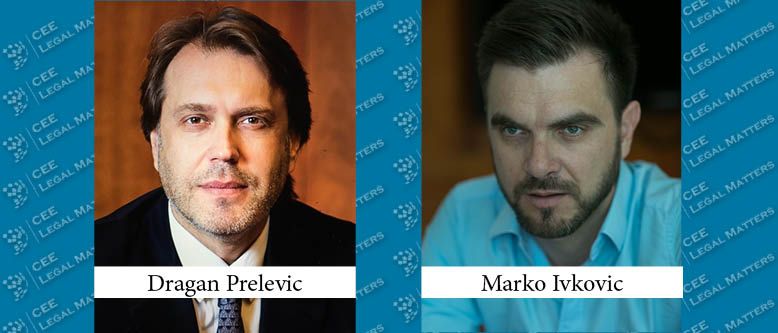A recent report found that, in 2018, 72.2% of Montenegrin citizens had online access from home, with Internet access via mobile phones increasingly common as well. In terms of mobile and Internet service, Montenegro is not behind other countries from the region or Europe at large, but digital technologies are used far less in areas such as economy or education. Information technologies are most commonly used for Internet browsing and social network communication, but are rarely used for communication with public administrations, local governments, and other service providers, which indicates the society’s insufficient digital advancement.
The levels of telecommunication infrastructure and offering and Internet access in Montenegro are respectable, although the pricing is fairly high. Montenegro and neighboring countries seem to be aware of this problem, and on July 1, 2019 adopted the Regional Roaming Agreement, which requires that roaming charges between Montenegro, Serbia, Bosnia and Herzegovina, Northern Macedonia, Albania, and Kosovo be completely scrapped by 2021.
Montenegro’s EU accession largely depends on the acceptance of the rights and obligations the EU and its institutional framework lean upon. The acquis communautaire encompasses 35 sections, each denoting negotiation chapters, including Chapter X: Information Society and Media. Montenegrin negotiations concerning this chapter commenced on March 31, 2014.
Areas to be monitored under Chapter include electronic communications, information and communication technologies, information society services, and audio-visual policy. The European Commission’s 2018 and 2019 annual reports specify that Montenegro is moderately prepared in the area of information, society, and media areas.
The sectors of electronic communications, information, and communication technologies are regulated by the Law on Electronic Communications of Montenegro, enacted to ensure that telecommunication services are provided to Montenegrin users at fair prices, with the adequate stimulation of market competition and reduction of monopolies when it comes to high-speed Internet access. Legal acts on electronic identification and electronic signature have been prepared under the Regulation on Electronic Identification and Trust Services for Electronic Transactions in the EU Internal Market. As a result, 2020 – which is when we will start using electronic ID documents and form digital identities and remove obstacles to accessing electronic services – is seen as a milestone in the development of e-services.
Information society services fall under the jurisdiction of the Montenegrin Ministry of Public Administration, which is tasked with helping the country achieve information safety, digital business, e-education, and an e-health care system. In this regard, Montenegro has recently adopted an Action Plan for the Implementation of a Strategy for the Development of Information Society and an Action Plan for the Implementation of a Strategy for Cyber Safety, each for the period from 2018-2021. We are already utilizing the E-Uprava (e-administration) portal, through which citizens may actively take part in the preparation of laws and other strategic documents and state their opinions and views in public discussions.
The area of information society is now strengthened by a legal framework enabling the application of information technologies in the judicial system. Montenegro has adopted, in accordance with the acquis communautaire, a Law on Electronic Signature, Law on E-trade, Law on E-document, Law on Information Safety, and Law on E-administration.
As part of the EU’s support of digitalization in potential member states, it awarded EUR 600,000 to Montenegro at the 20th meeting of the Management Board of the Western Balkans Investment Framework on June 25-26, 2019, for the preparation of documents for the “Broadband Infrastructure Development” project, which will strengthen the infrastructure of the digital sector and the availability of the newest-generation broadband network.
By Dragan Prelevic, Managing Partner, and Marko Ivkovic, Attorney at Law, Prelevic Law Firm
This Article was originally published in Issue 6.8 of the CEE Legal Matters Magazine. If you would like to receive a hard copy of the magazine, you can subscribe here.
















